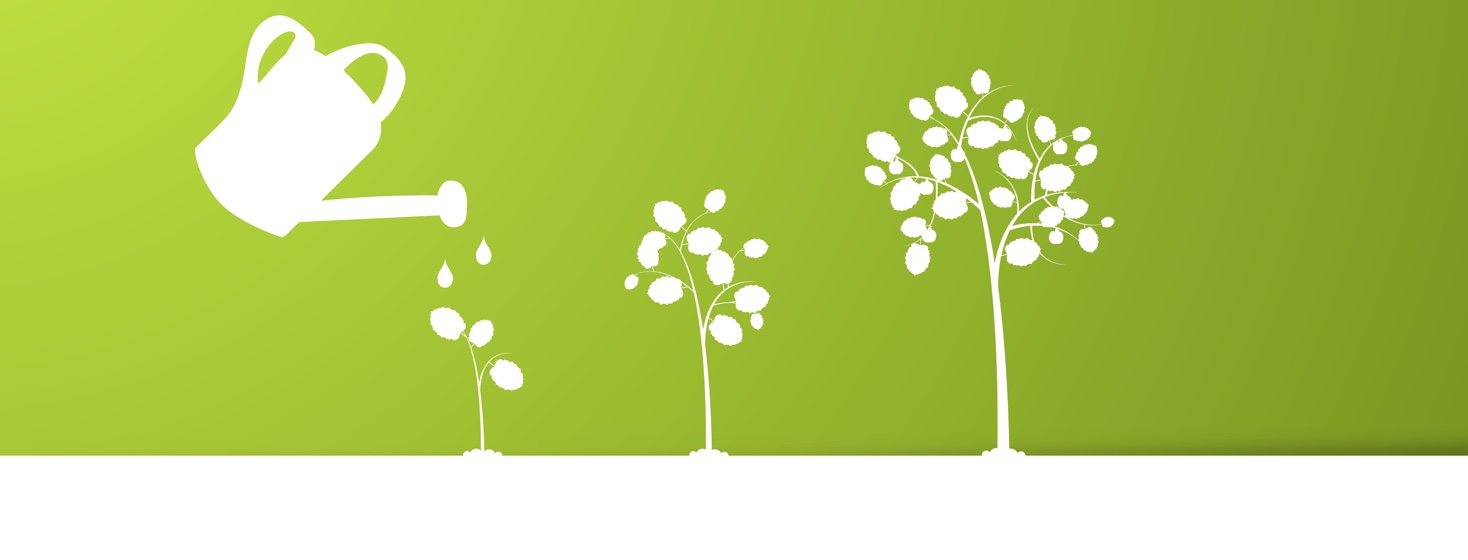I Can Relate
Establishing and maintaining solid, supportive relationships while juggling the demands of a chronic disease like RA is challenging to say the least. The repercussions of this are many and worthy of some discussion.
Supportive relationships: an important element in RA management
As a functioning human being, we all know how important our day to day relationships are both personally and professionally. When we have a chronic disease like RA those relationships are even more crucial and frankly, can be, more difficult to manage. I say more important because having solid relationships with our Care Team (family, friends, medical, work) will determine how well we manage RA over time and with what degree of success and positivity we do it. For instance, if we do not have a solid and positive relationship with our physician, it will almost certainly impact our treatment and management of the disease. I would never be able to deal with the medical demands of RA if not for the amazing relationship I have with my Rheumatologist. If you do not have that, start a search for a new one! Likewise, if my work “family” was not informed and aware of my medical situation, it would make my work life a great deal more challenging to manage. I have worked full-time the entire time I have had RA, 22 years, largely because I have been fortunate enough to have a work team who not only understands but supports my journey. I know not everyone feels they can be as up front in the workplace for various reasons and in those circumstances, you have to make that adjustment, knowing that your health and well-being are the most important considerations.
Nurturing relationships is important
So all of that said, if the relationships in your life, particularly as it relates to your RA management, are less than satisfactory, it will impact your ability to positively manage RA. For instance, if I did not have a good relationship with the staff in my physician’s office, I would be a lot less inclined to call with an issue outside of my regularly scheduled appointments. Instead, because I nurture those relationships, I feel very comfortable calling them anytime with questions or concerns that might arise beyond my appointments. Important to note that I do not take advantage of this relationship and call at the slightest thought. Rather, they know that if I call, it is likely something that needs prompt attention. That is precisely what I mean when I say “nurture”. I also make it my business to treat them as human beings, with kindness, referring to them by name, dropping off some homemade treats or a nice plant now and then as a way to say thanks.
Just as I would with any other person I appreciate, I think we need to remember to express our gratitude to those who support us. I do not expect the relationships to be one-way streets. Especially, because I sometimes have greater needs than they do! In that way, when my needs rise up there is no hesitation to meet them by those in my life. By the same token, when their needs surpass mine, I try to rise to the occasion and offer whatever support I am able to. That sharing is one of the foundations of solid relationships and should be well tended by all of us.
If we carefully tend to the relationships in our lives, it will be yet another tool to add to our RA management arsenal.
Nan

Join the conversation